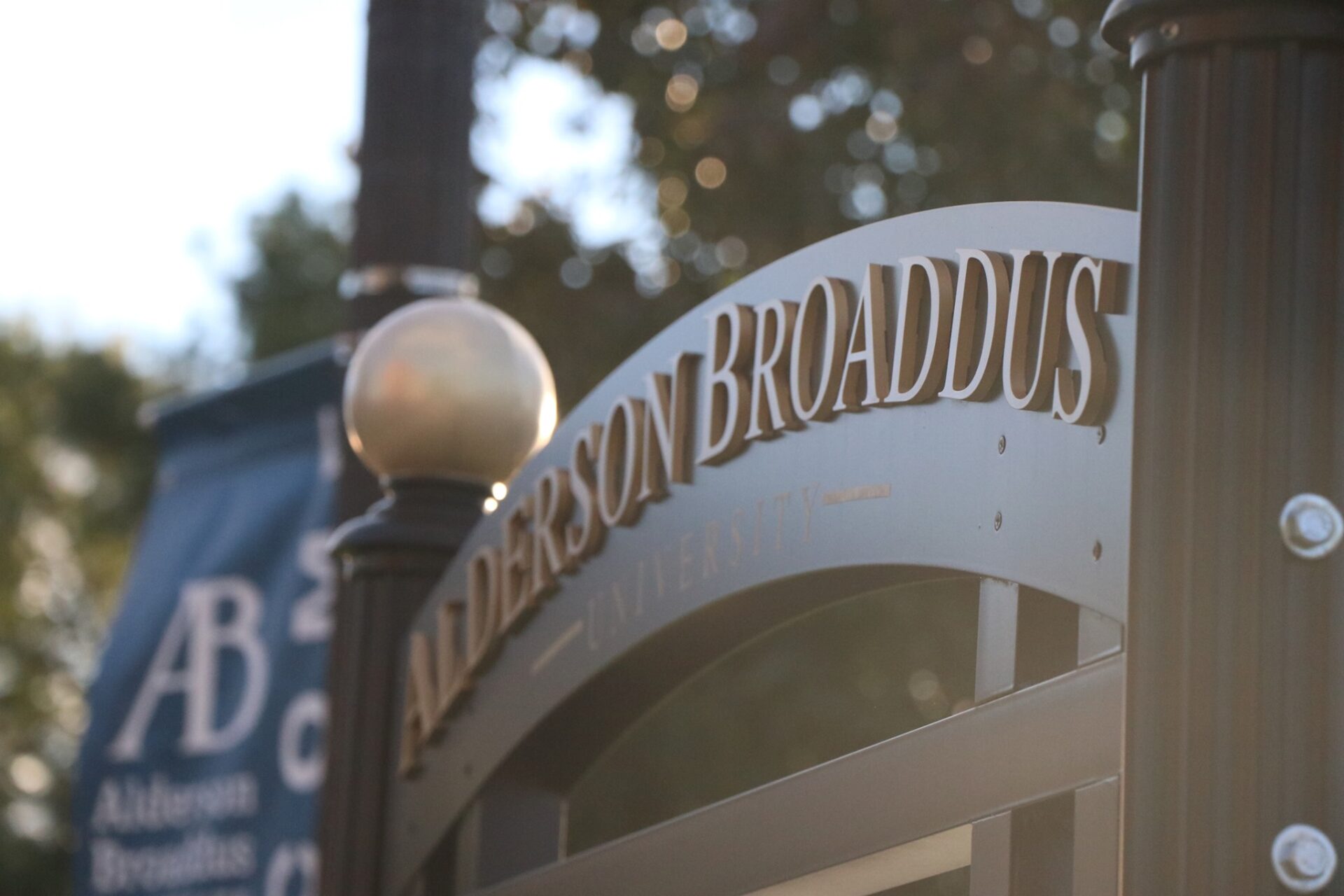Alderson Broaddus University’s Board of Trustees has voted to file a petition with the United States Bankruptcy Court to liquidate the university’s assets under Chapter 7 of the Bankruptcy Code and plans to file that petition today, August 31,2023.
That is according to a letter filed with the West Virginia Public Service Commission (PSC) Wednesday by board chair James Garvin. The letter asks PSC to not authorize the termination of utility services until the filing of the bankruptcy petition and the implementation of the resulting automatic stay of collection efforts by creditors, including the City of Philippi.
The letter gives three reasons for the continued need for utilities on campus including an on-campus daycare center and the storage of volatile chemicals. The third reason is the need of a bankruptcy trustee to assess the university’s affairs.
The letter was filed as a response to PSC’s Aug. 8 order for the university to appear and show cause why electric, garbage, sewer and water services should not be terminated. The City of Philippi opened proceedings to terminate the university’s utilities July 27, claiming Alderson Broaddus owed the city more than $750,000.
Less than a week later on July 31, the Higher Education Policy Commission (HEPC) voted unanimously to revoke the private university’s authorization to confer degrees in the state. With more than $30 million in debt, HEPC determined the financial condition rendered the institution unable to create a stable, effective and safe learning environment for its students.
Universities across West Virginia have made accommodations for Alderson Broaddus students impacted by the situation that suddenly needed to transfer in the days and weeks before the start of the fall semester.
In the letter, Garvin said the HEPC order had eliminated the university’s normal source of tuition revenue, leading to the decision to file for bankruptcy.
“The absence of that revenue and the nearly total lack of financial liquidity necessary to operate have severely impaired AB’s ability to effectively wind down its operations as described in the HEPC Order,” the letter said.
The letter concludes asking PSC to deny the City of Philippi’s petition and direct the city to continue providing utility services until it can reach an agreement with the university’s bankruptcy trustee or until the U.S. Bankruptcy Court enters an order addressing the provision of utility services.
